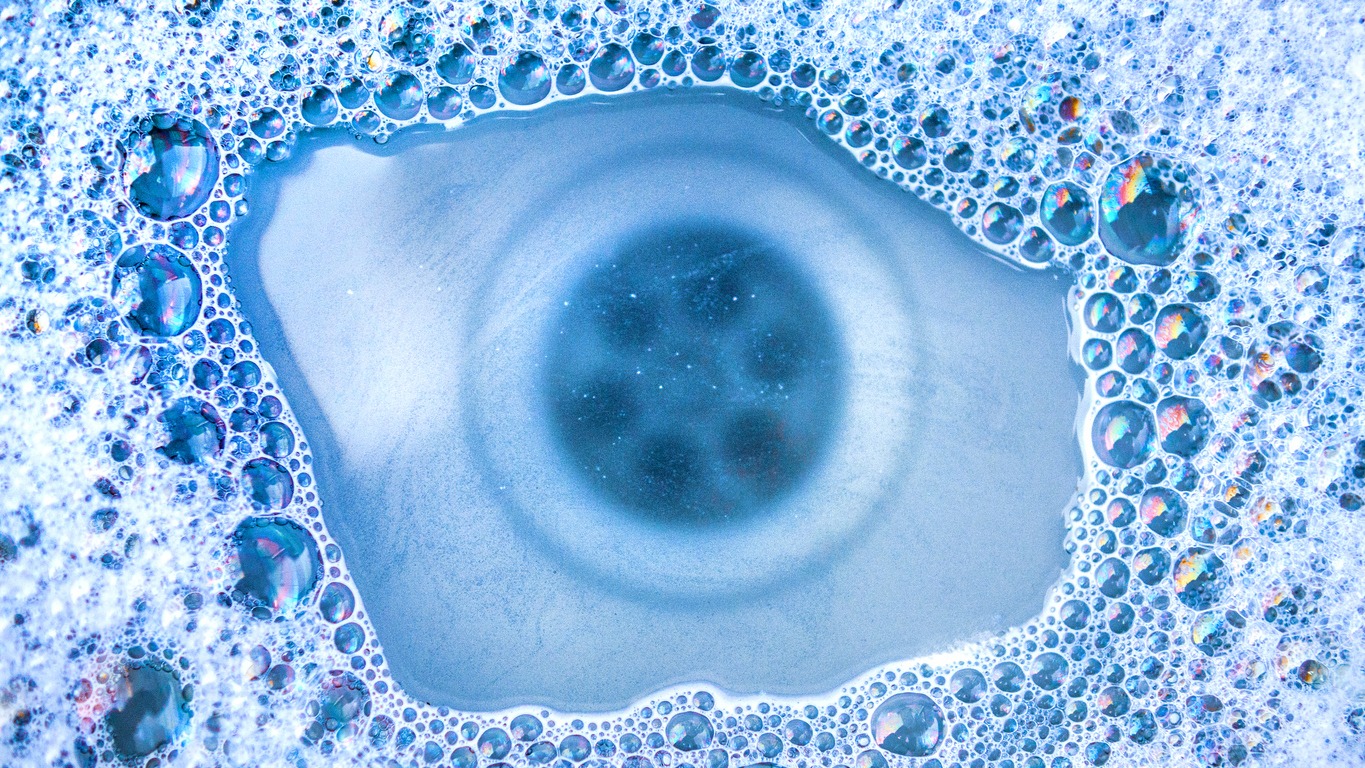We’ve all heard how an ounce of prevention is worth a pound of cure. And when it comes to dealing with clogged drains, truer words have never been spoken. is a common household issue that can be frustrating and costly to fix. Whether it’s a slow-draining sink or a completely blocked shower, drain clogs can severely disrupt your routine, can be costly to fix, and can lead to more severe plumbing problems if left unaddressed.
Fortunately, preventing drain clogs is easier than you might think. With a few proactive measures, you can keep your drains flowing smoothly and avoid the hassle of plumbing repairs. Here’s how:
1. Be Mindful of What Goes Down the Drain
The most effective way to prevent clogs is to be conscious of what you allow into your drains. In the kitchen, avoid pouring grease, oils, or fat down the sink, as these substances can solidify and cause blockages. Food particles can also accumulate in your pipes, so scrape plates into the garbage or compost before rinsing them.
In the bathroom, use drain covers to catch hair before it enters the pipes. Also, avoid flushing anything other than toilet paper down the toilet—items like wipes, feminine hygiene products, cotton balls, and so-called “flushable” wipes can cause serious blockages.
2. Use Drain Screens
Drain screens or strainers are simple yet effective tools that help catch debris before it enters your plumbing system. These small mesh or metal covers fit over the drain opening and trap food particles, hair, and other debris. Make sure to clean the screens regularly to keep them effective.
3. Rinse with Hot Water
Hot water can help prevent clogs by flushing away grease, soap residue, and other debris that may be starting to build up in your pipes. After using the sink or shower, run hot water for at least a minute to help keep the pipes clear. Doing this once a week can make a big difference in preventing clogs from forming.
4. Schedule Regular Drain Cleaning
Regular drain cleaning is an essential step in preventing clogs. You can use non-toxic drain cleaners, like baking soda and vinegar, to maintain clear drains. Pour a cup of baking soda followed by a cup of vinegar down the drain, let it sit for 15 minutes, then flush with hot water. This method can help break down minor buildups and keep your drains flowing smoothly.
5. Avoid Chemical Drain Cleaners
While it might be tempting to use chemical drain cleaners, these products can be harmful to your plumbing system over time. They can erode pipes and damage septic systems, leading to costly repairs. Instead, opt for natural cleaning methods or consult a professional for safe and effective solutions.
By taking a few precautions, you can keep your plumbing system in top shape and prevent the frustration of clogged drains. But if you should still develop a tough clog that doesn’t respond to your best DIY efforts, contact Eagle Service Company to get things moving again.



